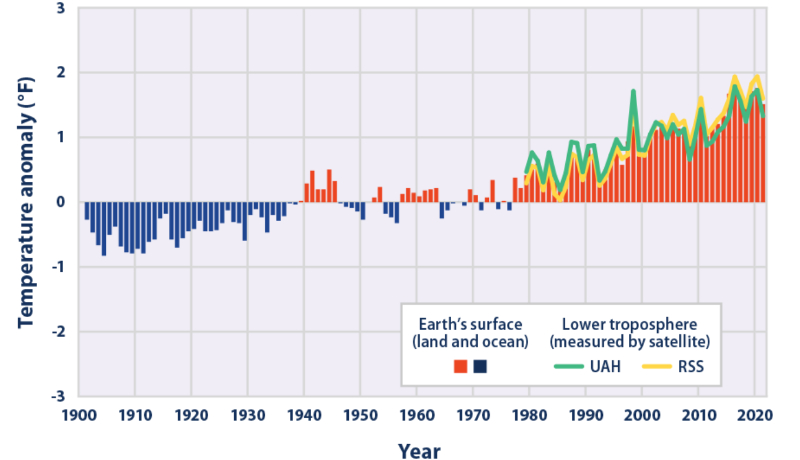As the 27th Conference of the Parties of the United Nations Framework Convention on Climate Change (COP 27), ended on Sunday November 20 in Sharm el-Sheikh in Egypt, African business owners have been urged to leverage the opportunities offered by the conference, to operate new strategies that would drive sustainable business growth and address the effects of climate change across Africa.
Managing Partner at Verraki Advisory Practice, Mr. Olaniyi Yusuf, who made the call, said time has come for global leaders to address the devastating effects of climate change that have affected the African continent for too long a time.
He said his firm would continue to provide digitally transformative services to the African market, leading the way to deliver cutting-edge innovation solutions to local organisations, while unleashing their growth potential.
Stressing the need for sustainability of African businesses and the future generations, Yusuf said: “Sustainability in business therefore demands that companies deliberately operate a business strategy that reduces the negative environmental and social impacts of their operations. Such practice is typically viewed from the lens of environmental, social, and governance (ESG) metrics such as greenhouse gas emissions, water security, energy efficiency, diversity and inclusion, data protection and privacy, board composition, shareholder rights, amongst others. The environmental aspects of ESG metrics focus on the company’s impact on the planet, such as climate-change initiatives.”
He urged African businesses to see ESG as a tool to drive climate compliant business objectives, and an opportunity to invest in digital technology, improve energy management efficiency, deploy automation, preserve water resources, and eliminate waste, adding that African businesses can leverage the current global push for climate action to drive resilient, and sustainable growth.
From a sustainability viewpoint, Yusuf said net zero agenda remained a good opportunity for African businesses with credible de-carbonization plans to strategically position for resilience and growth. “On the energy front, businesses need to accelerate investments in renewable energy to manage energy cost on one hand, and to position for long-term strategic business growth on the other hand. African businesses need to take advantage of the expanding climate finance opportunities for business growth, particularly via green bonds issuances, insurance, and blended finance. This is a good time for African businesses to seek scale and scope expansion through innovative and sustainable products, services and operating models. Companies must also invest in training and development of their staff on climate change and sustainability to ensure availability of talents and capabilities required to put climate capital to work and capture value for stakeholders,” Yusuf said.
He advised industry regulators to continue to push for improved climate disclosures, especially for listed African businesses, adding that it will help in one hand to attract more climate finance to Africa, and catalyse improvements on how companies design products, source materials, and manage their supply chains with least carbon intensity.
According to him, Verraki strongly believes that African businesses that move quickly to begin the operation of the difficult and often transformational climate friendly business strategy, will emerge as winners in a decarbonized world.
The COP is the largest annual gathering on climate action and seeks to address the existential threats posed by climate change to humanity, such as growing energy crisis, record greenhouse gas concentrations, and increasing extreme weather events, through a multilateral and multi-stakeholder advocacy to deliver on the landmark 2016 Paris Agreement, for people and the planet.
An interesting highlight at the COP 27 was discussions on ‘loss and damage’ finance mechanism, which over 130 developing countries successfully brought to the agenda for the first time.
SOURCE: THISDAY











